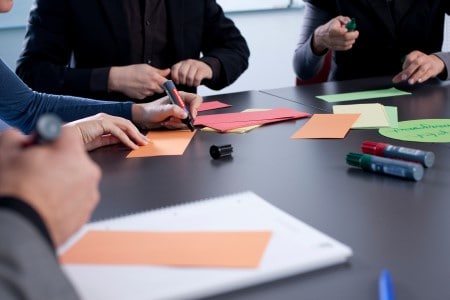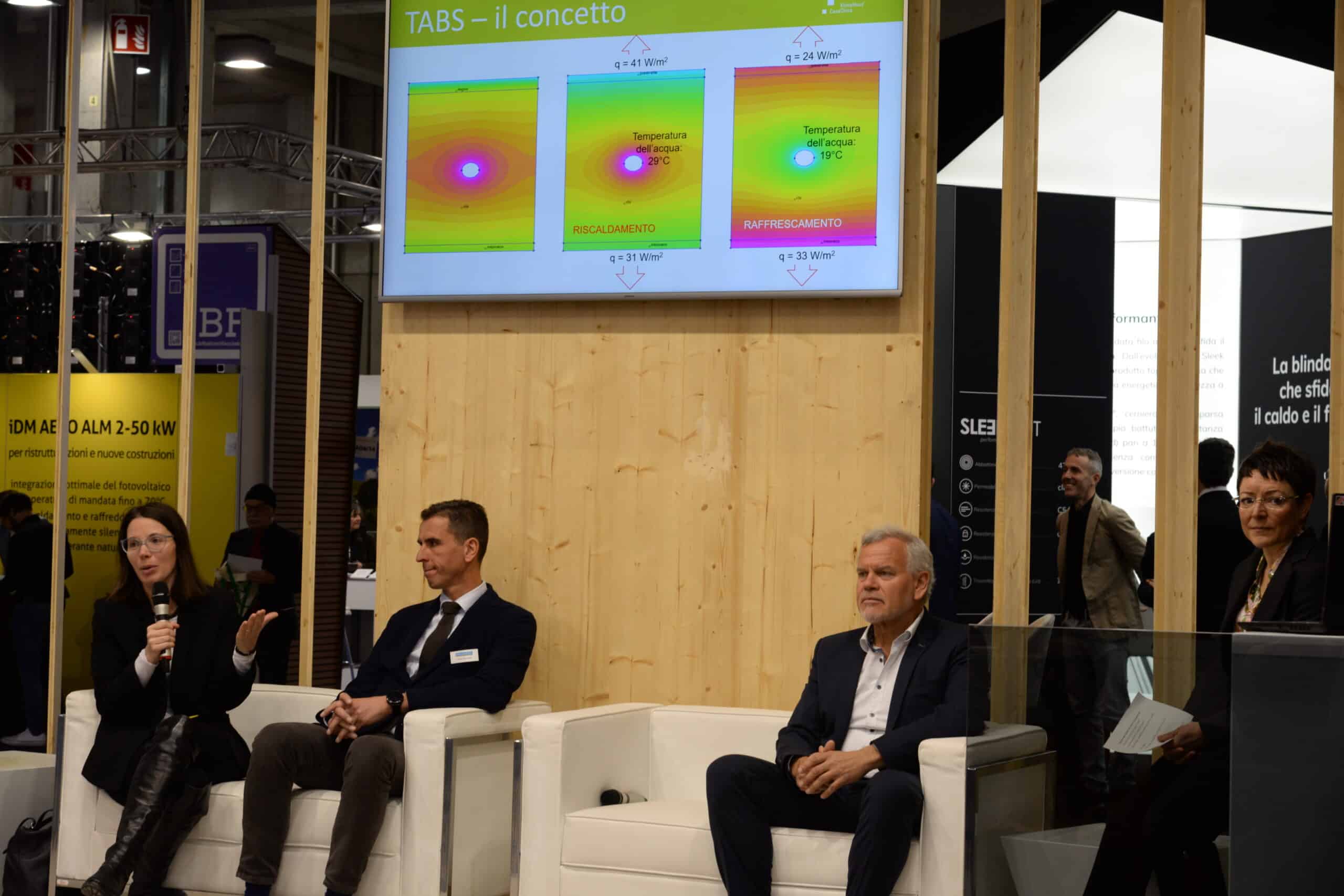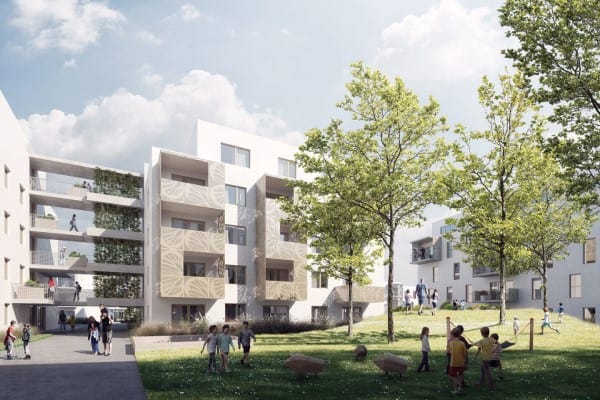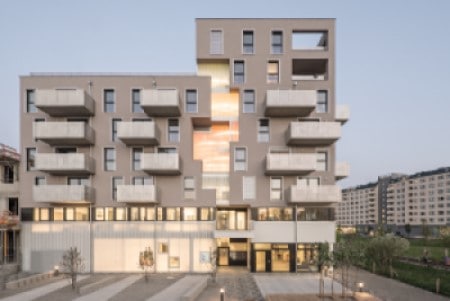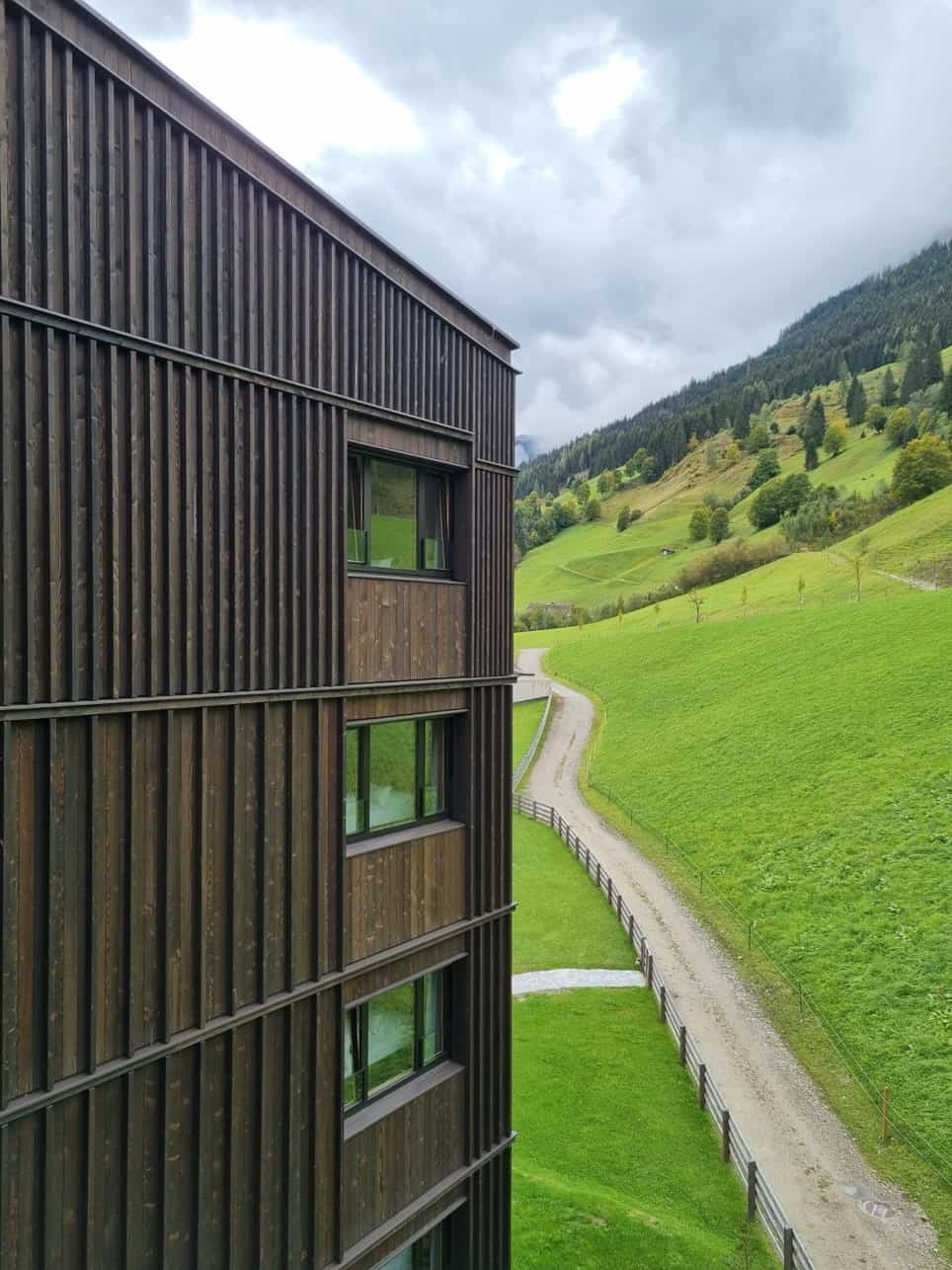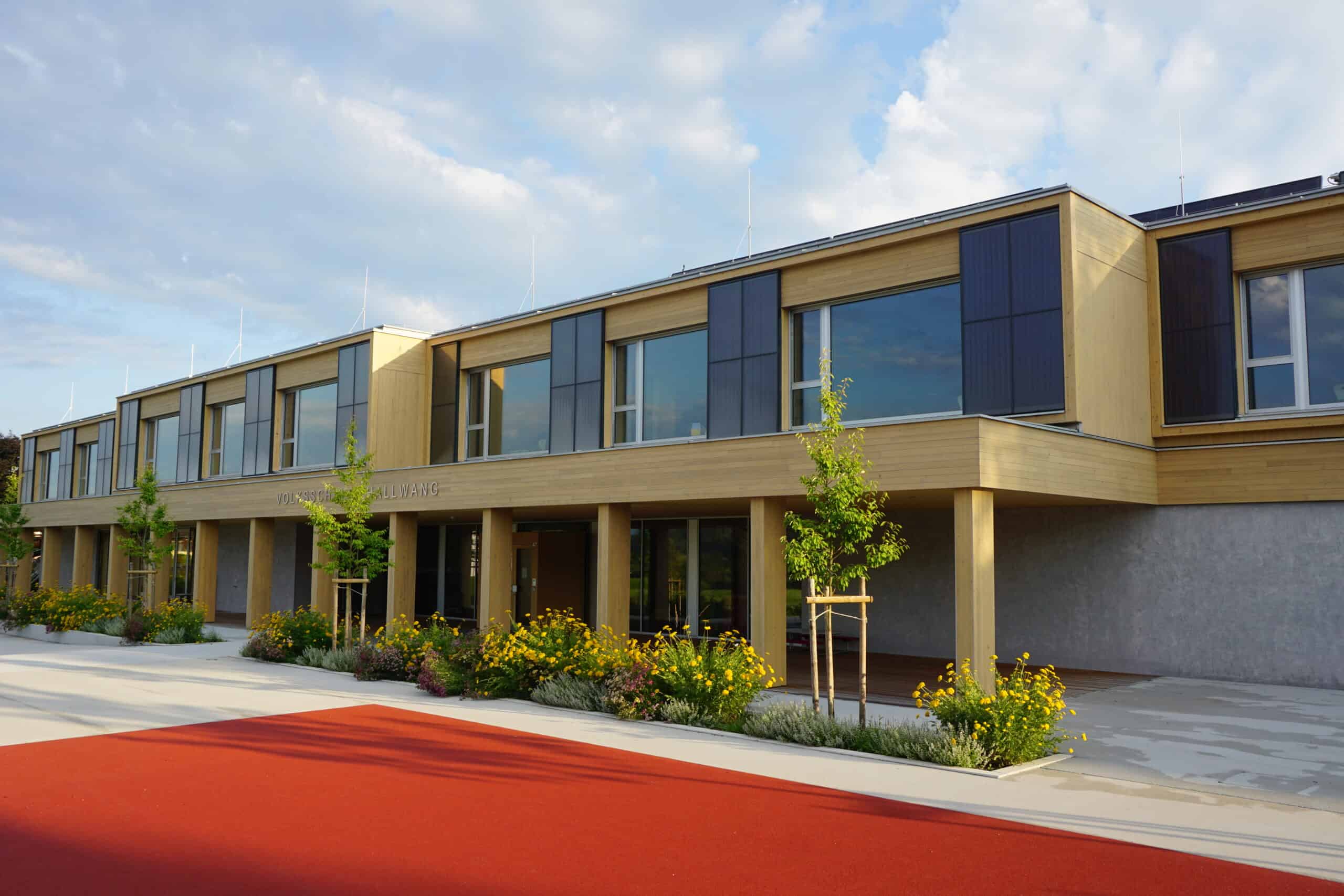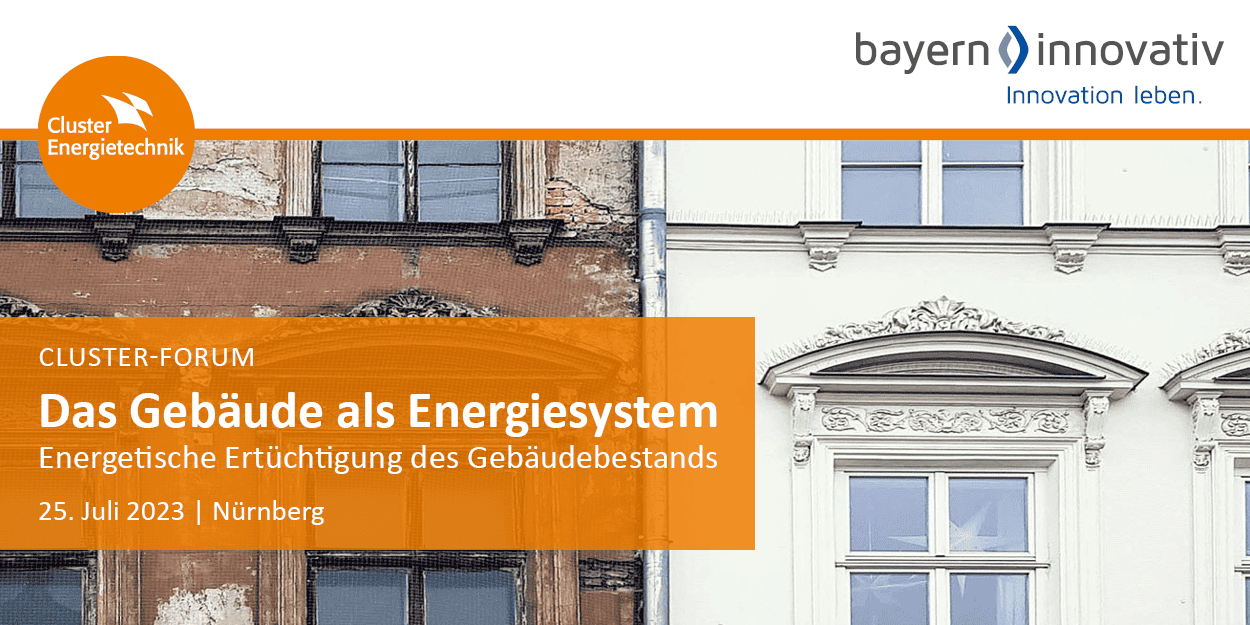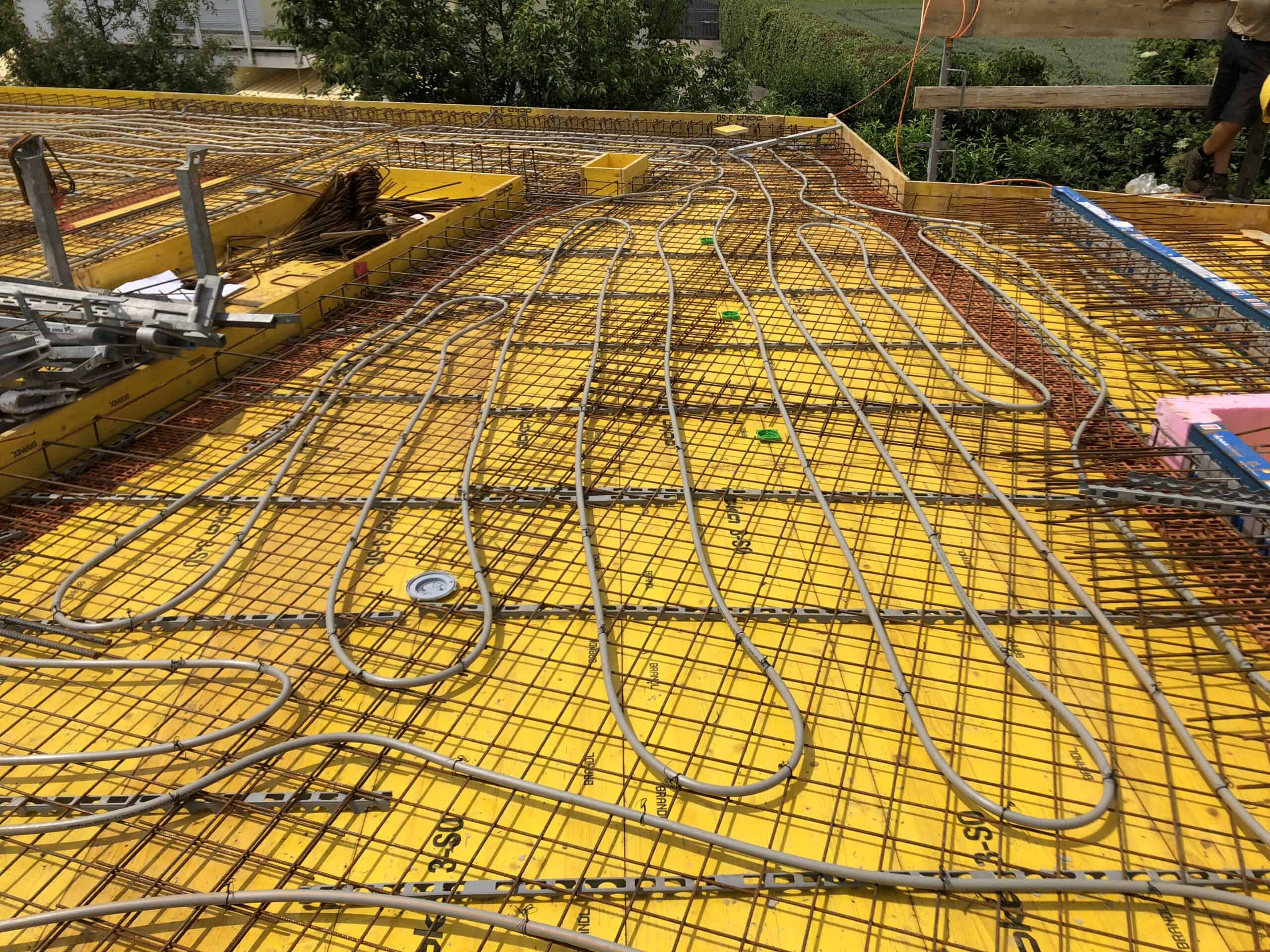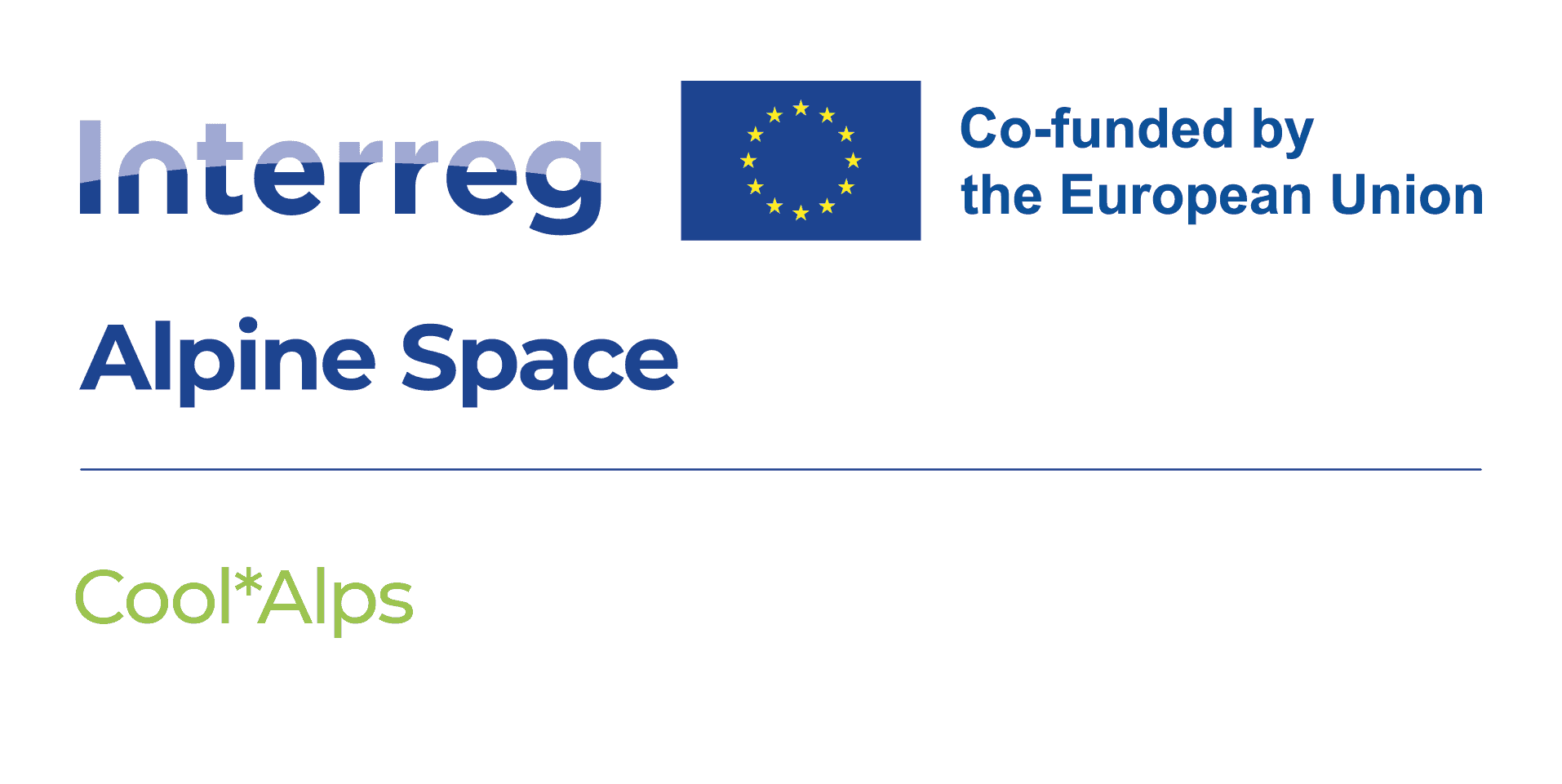
Overview
More frequent heat waves are expected to lead to a significant rise in energy demand for cooling buildings. However, the air-conditioning split units that often equip buildings further aggravate the problem by generating waste heat. Cool*Alps aims at improving the climate change adaptability and energy security of the Alpine region by supporting the diffusion of innovative Thermal Activated Buildings (TABs). The latter enable CO2-free heating and cooling with one system and make settlements more flexible and resilient to extreme heat periods. Cool*Alps leverage their great potential by developing the competences of builders and planners and supporting decision makers in implementing TABs.
Factsheet
- 2021 – 2027
- Carbon neutral and resource sensitive Alpine region
- SO 2.1 - Promoting energy efficiency and reducing greenhouse gas emissions
-
- AG9 Energy efficiency and renewable energy
- 09/2022
- 02/2024
- 538.700 EUR
- 388.800 EUR
Description
Climate scenarios indicate a significant increase in heat waves and extreme weather events in the Alpine region. At the same time, the expansion of renewable energy bears new challenges in energy supply security due to the volatility of production and raises the need for storage options. Currently, buildings are increasingly being equipped with climate-split devices which further exacerbate the microclimatic problem of the environment due to waste heat. With thermal component activation (TAB), a technology is available in a climate-friendly and cheap way and release it again with a time delay. This flexibility can make settlements more resilient to extreme heat periods and make a direct contribution to energy security. TABs have increasingly been implemented in the Alpine region in recent years, but the great potential of cooling as well as storing renewable energy has been insufficiently exploited. Reasons for that include primarily lack of knowledge on the part of planners, adherence to existing practices as well as lack of funding.
The overarching goal of the project was to improve the adaptability and resilience of buildings and settlements in the Alpine region. A package of resources enabling sensitisation and knowledge transfer to plan thermally acitvated buildings and settlements in the ASP programme area was provided. A TAB toolbox includes the following four dimensions: a planning guide, a proposal paper for TAB fundings and improvement of legal framework conditions, a pool for experts and the Innovation map TAB Alpine Space, with the aim of sensitising and increasing the competences and knowledge exchange of builders, planners, and political decision makers. (see resources - download)
The hub of this project is the existing online tool "Innovation Map TAB" by the Salzburg-Bavaria region (zukunft-bau.at/en/innovation-map), which has been rolled out to the whole of Austria, Southern Germany, Northern Italy, and Switzerland. There were different approaches and strengths: in Southern Germany and Northern Italy, mainly commercial buildings have been implemented with TAB, while Austria had initial experiences with subsidies in redidential construction, and in Switzerland, innovative processes for concrete recycling have been developed. In the building sector, innovations are strongly determined by the radius of action. Due to the transnational approach of the project, the partner countries could benefit greatly from each other´s technical and normaitve experiences. Common to all regions are the need for practice-oriented training, best pracise projects and an active exchange among experts. The planned measures lead to innovation impulse and an accelerated implementation of this key technology. The spatial proximity of the project regions, the similar climatic conditions and the supra-regional electricity market were strong drivers and guarantors for maximum synergies for a joint approach.
Partners
- Lead partner
- Austria
- Salzburg (AT32)
- Salzburg
- Maria Rehbogen
- rehbogen@zukunft-bau.at
- Germany
- Mittelfranken (DE25)
- Nürnberg
- Sebastian Roth
- sebastian.roth@bayern-innovativ.de
- Switzerland
- Espace Mittelland (CH02)
- Bern
- Patrick Suppiger
- patrick.suppiger@betonsuisse.ch
- Austria
- Salzburg (AT32)
- Salzburg
- Bernhard Lehofer
- bernhard.lehofer@innovation-salzburg.at
- Italy
- Provincia Autonoma di Bolzano/Bozen (ITH1)
- Bozen
- Ulrich Klammsteiner
- ulrich.klammsteiner@klimahausagentur.it
- Germany
- Oberbayern (DE21)
- Rosenheim
- Wolfgang Alversammer
- wolfgang.alversammer@th-rosenheim.de
- 47.751813513.0168924
- 49.450126111.1021933
- 46.94800947.4447301
- 47.801509613.0183245
- 46.498112511.3547801
- 47.867467812.1072215
Pilots
-
Innovation map TAB Alpine Space
The new created innovation map TAB Alpine Space (zukunft-bau.at/en/innovation-map)offers a collection of innovative Thermal Activated Buildings (TAB) in the alpine region. Over 120 projects from 4 countries have already been entered. The projects range from refurbishments with retrofitted pipes and new-build apartment buildings to public buildings such as schools, university buildings and offices.
For each project there is an info box with the most important data, a few photos and a short description. This gives you a good overview of the many possibilities of Thermal Activated Buildings!
The diversity of the projects also lies in their heat supply: Heating and cooling via heat pump systems or directly via solar thermas systems, for example. Energy is also supplied in a wide variety of ways, e.g. through PV systems on roofs and facades or through wind energy.
Would you like to part of the map with your project, please contact office@zukunft-bau.at
Videos
Gallery
- Bauen und Wohnen SalzburgKonrad
- BauInnovativHackl
- NürnbergBau InnovativInformation stand on the Cool*Alps project and thermal component activation Stand with Sebastian Roth and Katrin Schiller from Bayern Innovativ
- Klima Haus eventKlimahaus
- Symposium Alpine SpaceInnovation Salzburg
- Symposium Alpine SpaceInnovation Salzburg
- Cool Alps event MunichBayern Innovativ
- Cool Alps event MunichBayern Innovativ
- Cool Alps event MunichBayern Innovativ
- Cool Alps Event in BressanoneKlima Haus
- Summer AcademyZukunftsagentur Bau
- Summer AcademyZukunftsagentur Bau
- Innovation map TAB Alpine SpaceZAB Zukunftsagentur Bau
- Innovation map TAB Alpine SpaceZAB Zukunftsagentur Bau
- Innovation map TAB Alpine SpaceZAB Zukunftsagentur Bau
- Image Symposium Alpine SpaceInnovation Salzburg
- Image Symposium Alpine SpaceInnovation Salzburg
- Image Symposium Alpine SpaceInnovation Salzburg
- TAB Innovation map Alpine SpaceZAB Zukunftsagentur Bau
Project calendar
